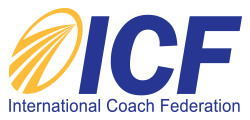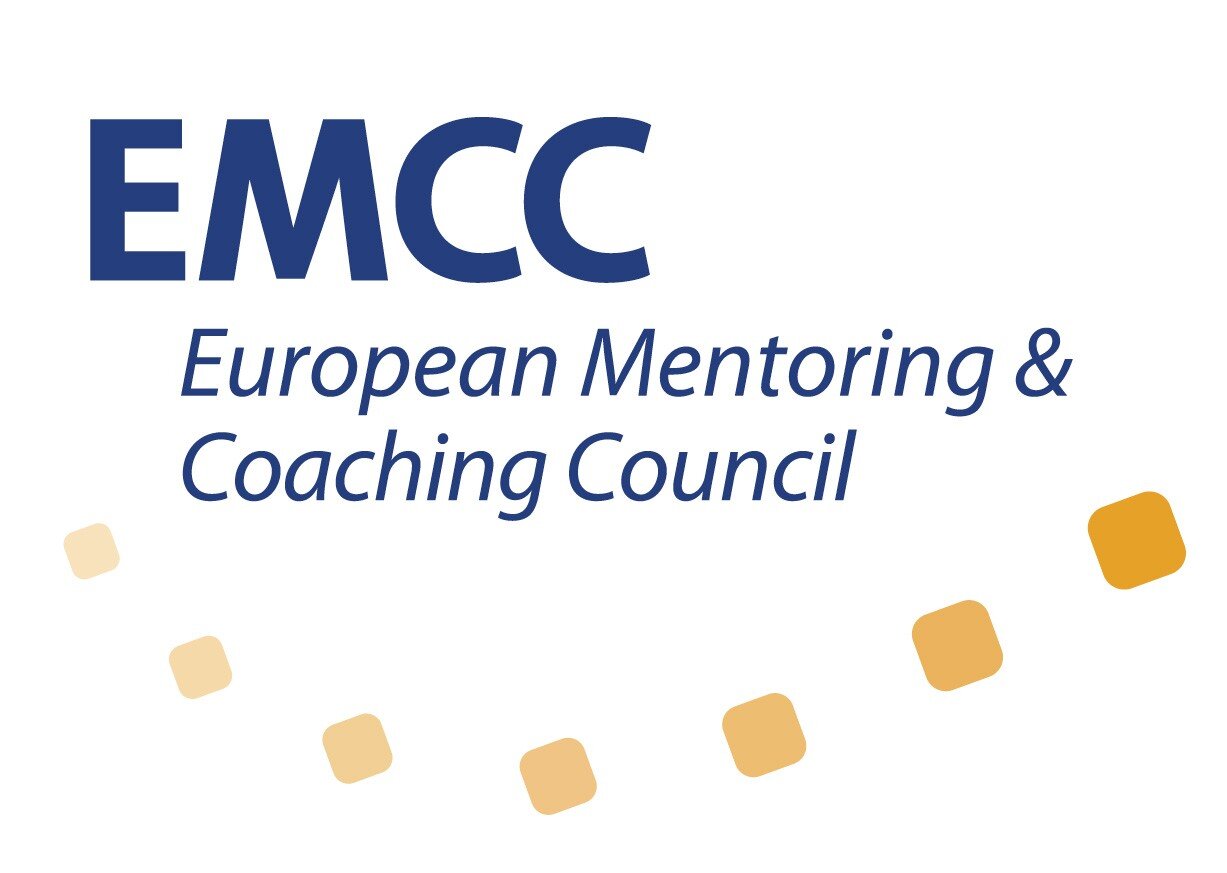Since Coaching was introduced in the 1990s as a methodology for personal and organizational change and growth, it has developed into a global profession with ethical standards, professional development, and a growing body of academic research.
We have been at the forefront of Coach Development, Mentor Coaching, and Coaching Supervision since the late 1990s and are committed to the highest standards of Coach Training and Development.
Our team consists of Master Coaches, Senior Practioners, and Coaching academics with Masters and Post Graduate Qualifications in Coaching.
The ICF MCC credential is considered the ‘Gold Standard’ of the Coaching Profession. Karl is one of less than a thousand Master Coaches globally.
If you are serious about developing yourself as a Coaching Professional, we can help you flourish through Coaching Supervision, sharing our expertise to develop yours through Mentor Coaching, or broadening your knowledge and skills through our Coaching Mastery workshops.
Take your time to read through our information below, then reach out when you are ready to chat. We look forward to supporting you on journey as a Professional Coach.
What is Coaching Supervision?
The International Coach Federation (ICF) describes Coaching Supervision as:
...the interaction that occurs when a coach periodically brings his or her coaching work experiences to a coaching supervisor in order to engage in reflective dialogue and collaborative learning for the development and benefit of the coach and his or her clients.
According to the European Mentoring & Coaching Council (EMCC), Coaching Supervision is:
…the interaction that occurs when a coach brings their coaching work experiences to a Supervisor in order to be supported and to engage in reflective dialogue and collaborative learning for the development and benefit of the coach, their clients, and their organisation.
Coaching Supervision, therefore, offers the coach a richer and broader opportunity for support and development. In Coaching Supervision, the coach is invited to focus more on what is going on in their process and where the personal may be intruding on the professional.
Nurture and grow your coaching skills faster by engaging in Coaching Supervision.
The Purpose of Coaching Supervision
In agreement with the EMCC, I see the purpose of Coaching Supervision as that which is:
…to enhance the wellbeing and develop the practice of coaches of all levels of experience. Supervision is considered a powerful vehicle for deep learning: its benefits extend beyond the supervisee and include their clients and sponsoring organisations.
There are three functions of Supervision described by Hawkins and Smith (2013) as follows:
The Developmental Function - Concerned with development of skills, understanding and capacities of the coach.
The Resourcing Function - Providing a supportive space for the coach to process the experiences they have had when working with clients.
The Qualitative Function - Concerned with quality, work standards, and ethical integrity.
Coaching Supervision v Mentor Coaching
Coaching Supervision is distinct from Mentor Coaching. Mentor Coaching focuses on the development of coaching skills mainly in the context of the initial development of the coach.
I am experienced as both a Mentor Coach and as a Coaching Supervisor, and as such, can offer both supports to my clients as appropriate.
Coaching Supervision Requirements for Achieving / Maintaining Accreditation
There are three main Coach accreditation organisations in Europe –
The International Coach Federation (ICF)
The European Mentoring & Coaching Council (EMCC)
The Association for Coaching (AC)
The amount of Coaching Supervision required for Coach Accreditation/Credentialing for each organisation varies between each Practitioner Level and Organisation.
The following has been taken from each organisation’s accreditation / credentialing materials:
ICF: The ICF requires a minimum of 10 Mentor Coaching hours when applying for a higher credential (eg. going from ACC to PCC, or PCC to MCC). Regarding Coaching Supervision, there is no minimum requirement, however, ICF Credential holders may submit up to 10 hours of Coaching Supervision as Core Competency credits toward their credential renewal.
EMCC: Coaches should undertake a minimum of 4 hours per year, evenly distributed if possible.
AC: Coaches should undertake between 6 and 12 hours Coaching Supervision per year depending on the number of hours of coaching delivered and the level of coach accreditation the coach has attained / seeks to attain.
My Coaching Supervision Model / Approach
When considering the work of the Supervisor, the EMCC advocates an awareness of the whole person in addition to the skill-set that they have to offer, for example, ‘how they are being’ as a Coach is equally as important as ‘what they are doing’.
To this end, I use the Hawkins/Shohet - 7 Eye Model of Supervision (see figure below) as the theoretical framework for my work as it is the predominate model for use in Coaching Supervision. In addition, I draw from various psychological models such as Transactional Analysis (TA), Positive Psychology, Acceptance & Commitment Therapy (ACT), Cognitive Behavioral Coaching (CBC), and Compassion Focused Therapy (CFT) in addition to evidence based systems and Supervision best practice.
The 7 Eyed Model - Hawkins / Shohet (1985)
Coaching Supervision Competence Framework
My work as a Coach Supervisor adheres to the EMCC Supervision Competence Framework, namely:
1. Manages the Supervision Contract and Process - Establishes and maintains a working contract with the supervisee and manages the supervision process effectively.
2. Facilitates Development - Enables the supervisee to improve the standard of their practice through a process of facilitated reflection.
3. Promotes Professional Standards - Supports industry standards, compliance with an ethical code and commitment to continuing professional development.
4. Provides Support - Offers an appropriate level of support, ensuring the supervisee prioritises their own wellbeing.
5. Relationship Awareness - Understands and works with the multiple layers of relationship that exist in the supervision process.
Next Steps
Want to find out more?
Contact Karl at karl@kadenza.ie or simply click here to arrange a time to chat.







